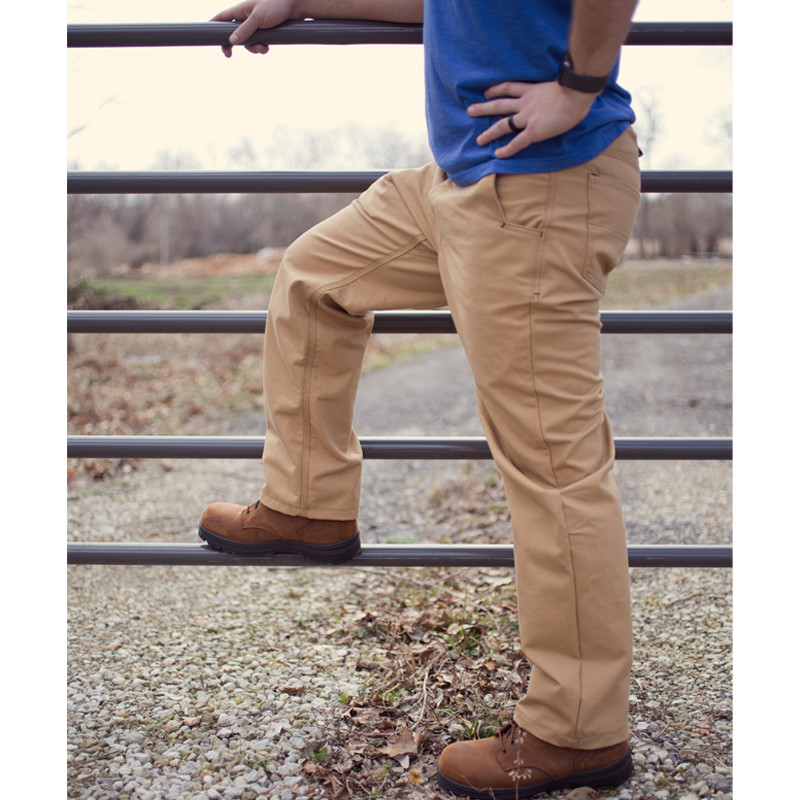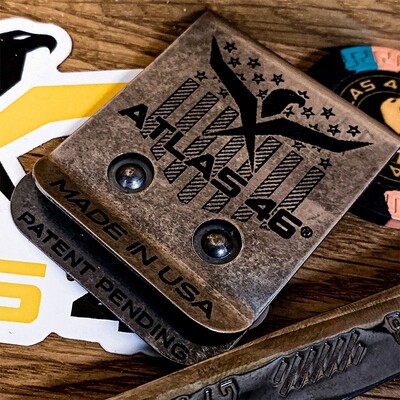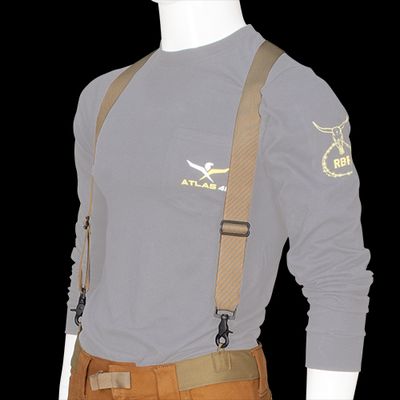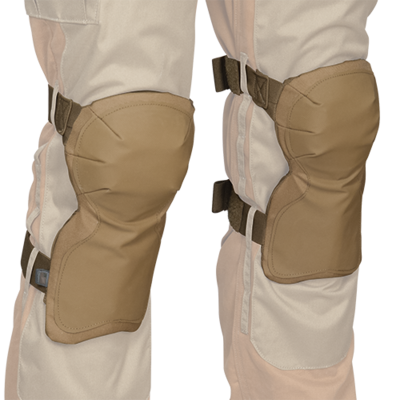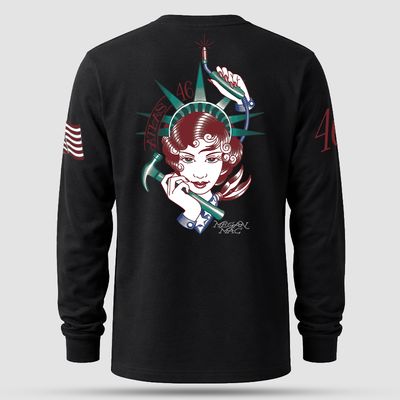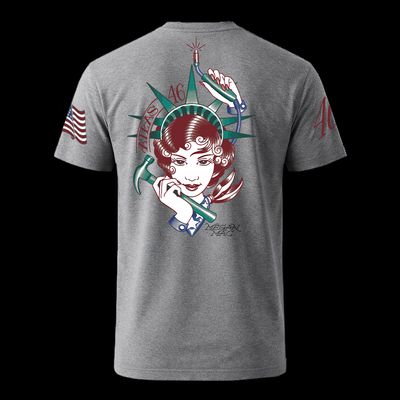Forge SlickSide Pants
Features and Benefits
- 75/25 A-Cotton/Nylon Weave Fabric
- 1" wide belt loops for belt stability
- Belt loops with 2.25" opening for larger belts
- Gusset for strength and comfort
- Vertical slot pocket designs with anchor location for Nelson Freedom Clip or pocket knife
- Reinforced belt loops with ADAMS attachment points
- Compatible with ADAMS System Pouches
- Deep well pants pockets with integrated cell phone pocket
- Coin Pocket
- Hand crafted in the USA
- Lifetime Warranty on craftsmanship and sewing
- 1 Year Warranty on fabric materials
*Warranty: This product has a limited warranty. We cover workmanship for the life of the product which is all the stitching and seams. The fabric itself it only covered for one year.
For large purchase orders, please contact sales@atlas46.com.
Why Forge?
Valley Forge was the military camp 18 miles (29 km) northwest of Philadelphia where the American Continental Army spent the winter of 1777–78 during the American Revolutionary War. Starvation, disease, malnutrition, and exposure killed more than 2,500 American soldiers by the end of February 1778.
General George Washington sought quarters for his men with winter almost setting in, and with greatly diminishing prospects for campaigning. Washington and his troops had fought in early December what was the last major engagement of 1777 at the Battle of White Marsh (or Edge Hill). He devised to pull his troops from their present encampment in the White Marsh area (now Fort Washington State Park) and move to a more secure location for the coming winter.
Von Steuben arrived at Valley Forge from France on February 23, 1778 with a letter of introduction from Benjamin Franklin. Washington saw great promise in the Prussian and almost immediately assigned him the duties of Acting Inspector General with the task of developing and carrying out an effective training program. Von Steuben was a drill instructor who was full of energy. Von Steuben taught the soldiers how to aim muskets accurately, charge with bayonets, and maneuver together in compact ranks.
Washington had made a professional, disciplined, unified, and efficient army out of the Continental troops, with heavy aid from von Steuben. Von Steuben himself claimed that his "enterprise succeeded better than he had expected." With their French allies, the Americans could now proceed into the battlefield with hopes of winning the war, which raged on for many years.
